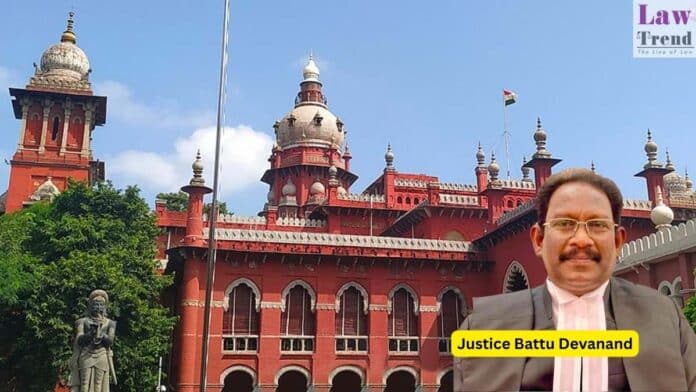In W.P.(MD) No.17863 of 2023, the Madurai Bench of the Madras High Court ruled that the principle of ‘no work no pay’ cannot be applied when an employee is not at fault and is unlawfully prevented from discharging official duties. The Court quashed the Tahsildar’s order denying salary and service regularization to petitioner C. Markandan,
To Read More Please Subscribe to VIP Membership for Unlimited Access to All the Articles, Download Available Copies of Judgments/Order, Acess to Central/State Bare Acts, Advertisement Free Content, Access to More than 4000 Legal Drafts( Readymade Editable Formats of Suits, Petitions, Writs, Legal Notices, Divorce Petitions, 138 Notices, Bail Applications etc.) in Hindi and English.




